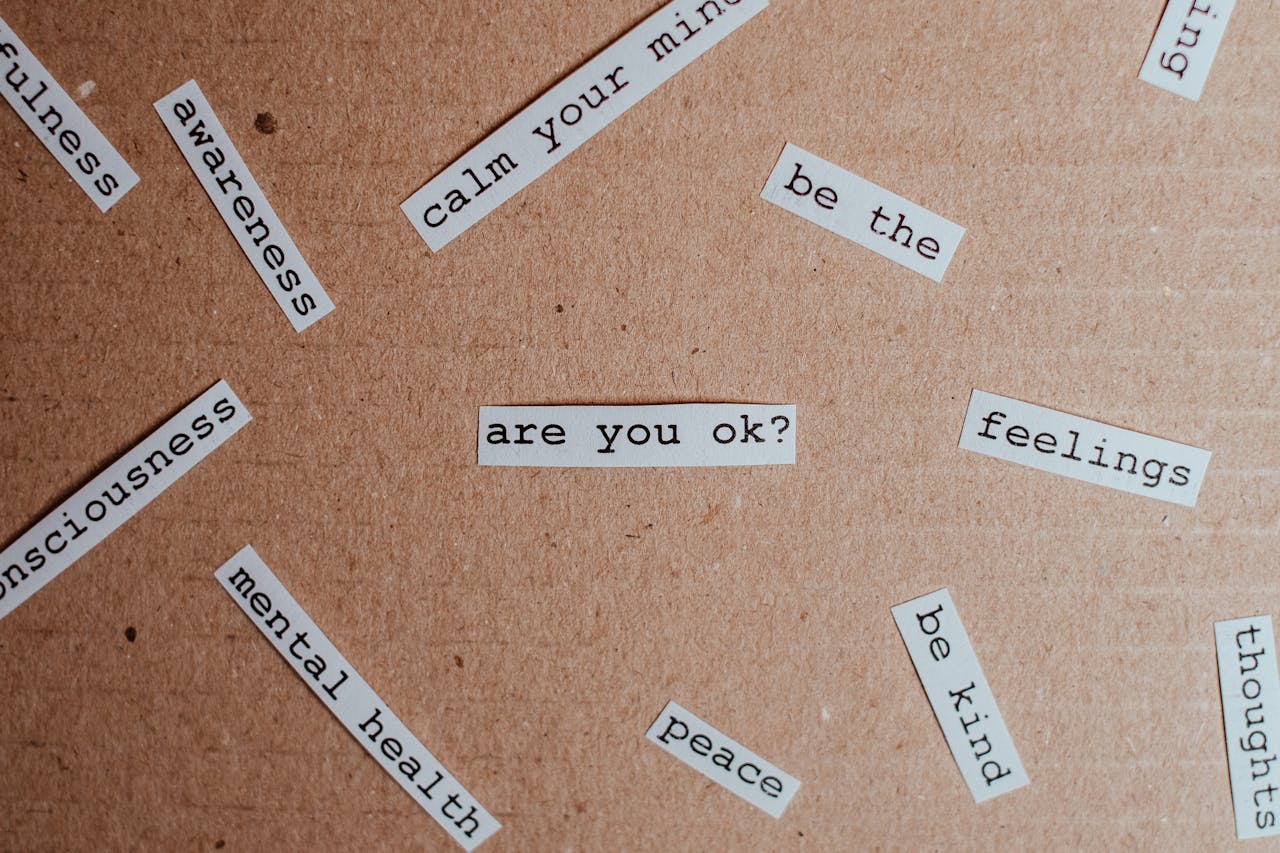Oh, those sleepless nights – we’ve all been there, right? Tossing, turning, mind racing a million miles an hour, thinking about everything from tomorrow’s to-do list to that embarrassing thing we said five years ago. But here’s the kicker: those nights of tossing and turning aren’t just a minor inconvenience. Nope, they’re like little health thieves, sneaking away with our well-being while we lie there counting sheep.
And it’s not just about feeling groggy and cranky the next day (although, let’s be real, that’s definitely part of it). Nope, it goes deeper than that. We’re talking about messing with our immune systems, throwing our metabolism out of whack, and even messing with our brains – like, making it harder to concentrate, remember stuff, and deal with stress.
Understanding the Basics

Before we delve into why sleep is so crucial, let’s cover the basics. The average adult needs around 7 to 9 hours of sleep each night to function optimally. However, with the demands of modern life, many of us fall short of this target, leading to a phenomenon known as sleep deprivation.
The Ripple Effect of Sleep Deprivation

You might be thinking, “So what if I don’t get enough sleep? I’ll just grab an extra cup of coffee in the morning.” But the truth is, the effects of sleep deprivation run far deeper than just feeling tired.
Research has shown that inadequate sleep is linked to a host of health problems, including an increased risk of chronic conditions like obesity, diabetes, heart disease, and hypertension. It’s not just adults who are affected—children and adolescents who don’t get enough sleep are also more likely to experience issues like obesity and mood disorders.
The Impact on Daily Life

But the consequences of sleep deprivation extend beyond physical health. Lack of sleep can impair cognitive function, making it harder to concentrate, remember information, and make decisions. This can have serious implications for performance at work or school, as well as overall quality of life.
In fact, sleep deprivation is a major contributor to accidents and errors, both on the road and in the workplace. Drowsy driving, in particular, is a significant concern, with thousands of accidents each year attributed to drivers nodding off behind the wheel.
Raising Awareness

Despite the overwhelming evidence of the importance of sleep, it often gets overlooked in discussions about health and wellness. Many people simply aren’t aware of how much sleep they need or the impact of sleep deprivation on their health.
That’s why it’s crucial to raise awareness about the importance of sleep and provide resources to help people improve their sleep habits. From educating employers about the benefits of flexible work schedules to advocating for later school start times for adolescents, there are steps we can take to promote better sleep for everyone.
The Bottom Line
So, what’s the key takeaway from all this? Simply put, sleep is essential for good health. It’s not just a luxury or a frivolous indulgence—it’s a biological necessity that plays a critical role in our overall well-being.
By prioritizing sleep and making it a non-negotiable part of our daily routine, we can reap the countless benefits it has to offer. So tonight, instead of burning the midnight oil, why not tuck yourself in a little earlier and give your body the rest it deserves?




Leave a Reply